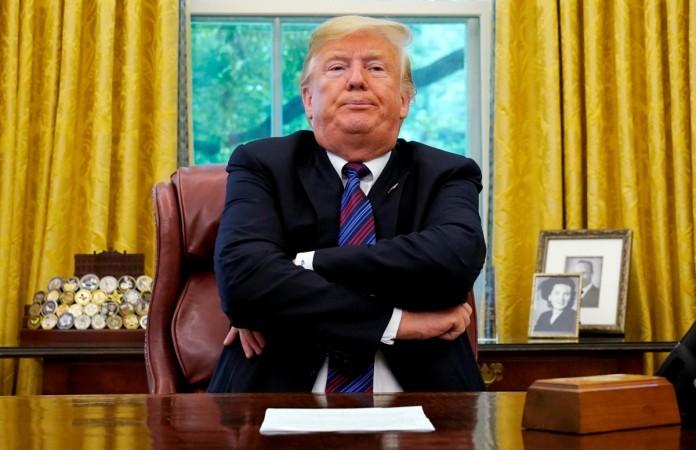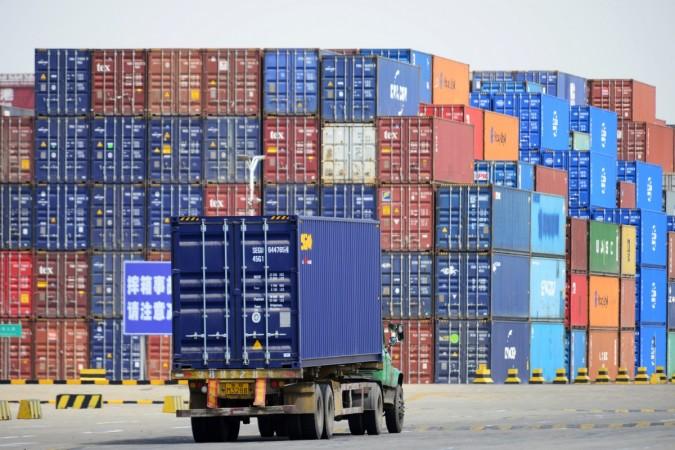
The United States administration is expected to announce additional tariffs worth $200 billion on Chinese imports on Monday, September 17, according to a Reuters report.
The level of tariffs is likely to be around 10 percent which is below the 25 percent the administration was considering since last few weeks.
The $ 200 billion worth tariffs would be on series of products including internet technology products and other electronics, printed circuit boards and consumer goods including Chinese seafood, furniture and lighting products, tires, chemicals, plastics, bicycles and car seats for babies.
Highlighting the "unfair trade practices" by China, White House spokeswoman Lindsay Walters had said that Trump "has been clear that he and his administration will continue to take action to address China's unfair trade practices. We encourage China to address the long-standing concerns raised by the United States."
Ever since Donald Trump has assumed office, he has demanded China to cut its $ 375 billion trade surplus with the United States and end policies aimed at acquiring US technologies and intellectual property and also end the high-tech industrial subsidies.
Last week the world's two largest economies met each other to discuss the modalities related to trade. Treasury called on senior Chinese officials, including Vice Premier Liu He for deliberations on the matter.

Since the start of this year, US has already levied duties on $50 billion worth of Chinese goods after study on China's intellectual property practices. China has witnessed a steady fall in its current account surplus since the global economic crisis of 2008.
It remained at 1.3 percent in 2017 as against 9.9 percent in 2007 Gross Domestic Product (GDP). The Xi Jinping administration has been reducing its dependence on exports, which is the reason behind the success story of its economic might, to increase domestic consumption.
China has started to face the heat of the trade war as the economic indicators showing the effects of the sanctions. Financial markets in China have already sensed this outcome. Over the last three months, US equities have soared 7.1 percent as China's markets have lost 9.1 percent.

















